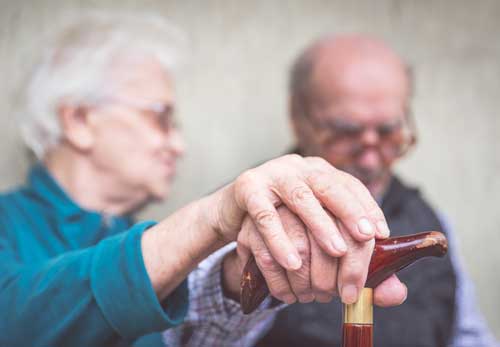Dementia Action Week
According to current statistics over 850,000 people in the UK are living with dementia, and an estimated 1 million people will be living with dementia by 2028.
Many people will have heard about Alzheimer’s, however this is only one of a hundred different types of dementia that exist.Approximately 62% of those who have dementia have Alzheimer’s hence so many people refer to dementia simply as Alzheimer’s, but approximately 20% of people have vascular dementia and 15% of people have dementia with Lewy bodies and less than 5% of dementia cases are caused by frontotemporal dementia.
In 2014 over 42,000 people under 25 had dementia in the UK accounting for approximately 5.2% of the total.
But what is dementia?
Simply, dementia is a disease of the brain.
What happens if you have it?
Given the number of different types of dementia there is no single answer to this question.There are however several common features.
By far the most common is memory loss, with typically the most recent memories being lost first and the earliest memories being lost last. Memories are not lost in a straight chronological order but in a more haphazard way, however.
Changes in vision and perception are also common, resulting in difficulties with spatial awareness and misjudging distances, as well as not being able to recognise everyday objects.
Communications skills might change as well so that it may be difficult for a person with dementia to remember words and to follow a conversion.As result you need to give someone with dementia more time to process questions as well as to answer them.
Coordination can also be affected so that it becomes more difficult for someone with dementia to use a knife and fork, also have a shower and get dressed.
When questioned, many people living with dementia said that they had lost friends and their social lives after they had been diagnosed. They thought this was as a result of public stigma and a lack of knowledge and understanding of the disease and how to interact with someone living with the condition.
The Alzheimer’s Society is asking everyone to take the following actions this week:
- Talk to me
Do not to be worried about talking to me.I am still me.
- Listen to me
Take time to listen and involve me in the conversation.I can still teach a thing or two.
- Include me
Keep on inviting me out.My friends still mean the world to me.
- Ask if I need help
If I seem confused, ask if I need help.These little things help me stay independent.
- Be patient
Be patient with me and I will show you how I can still do things.It just might take me longer than usual.
- Ask me about my dementia
Don’t be afraid to ask me questions.When you take the time to understand my dementia, I know that someone is on my side.
- Help my carer too
Support my partner and others who care for me.My dementia affects them too.
If you need legal advice for a friend or relative living with dementia you can get in touch with Charles Fraser, head of the Older and Vulnerable client team at Longmores and a dementia friend.
Please note the contents of this blog are given for information only and must not be relied upon. Legal advice should always be sought in relation to specific circumstances.

